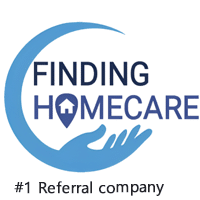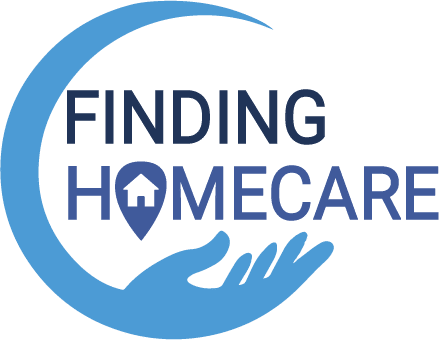
Caregiver in-home care is focused on helping with daily living activities such as bathing, dressing, grooming, and mobility. It also includes meal preparation, light housekeeping, and transportation. Caregivers are typically hired to provide support to individuals who are aging or who have disabilities. Family members or friends may also provide caregiving support. Caregivers are not required to have medical training but may have experience working with elderly or disabled individuals.
Medical in-home care is provided by licensed healthcare professionals such as registered nurses, licensed practical nurses, and certified nursing assistants. This type of care includes medical tasks such as administering medication, wound care, and monitoring vital signs. Medical in-home care may also include physical, occupational, or speech therapy. This type of care is often prescribed by a physician and may be covered by insurance.
Non-medical in-home care focuses on non-medical tasks such as meal preparation, light housekeeping, transportation, and errands. Non-medical in-home care is provided by trained caregivers who do not have medical training but have experience working with elderly or disabled individuals. This type of care is not covered by insurance and is typically paid for out of pocket.
When deciding which type of in-home care is best for your loved one, it’s important to consider their specific needs. If your loved one requires assistance with daily activities, a caregiver may be the best option. If your loved one requires medical care, medical in-home care may be necessary. If your loved one needs help with non-medical tasks, non-medical in-home care may be the most appropriate option.
One of the benefits of in-home care is that it allows individuals to stay in the comfort of their own homes while receiving the support they need. In-home care can also provide peace of mind for family members who may not be able to provide the necessary support themselves.
Another benefit of in-home care is that it can be personalized to meet the specific needs of each individual. Caregivers can work closely with individuals and their families to create a plan that meets their needs and provides the necessary support.
In conclusion, in-home care is a valuable option for individuals who need assistance with daily living activities or medical care. Caregiver, medical, and non-medical in-home care are different types of care that provide varying levels of support. When deciding which type of in-home care is best for your loved one, it’s important to consider their specific needs. In-home care can help maintain the independence and quality of life of elderly or disabled individuals, while also providing peace of mind for family members.








